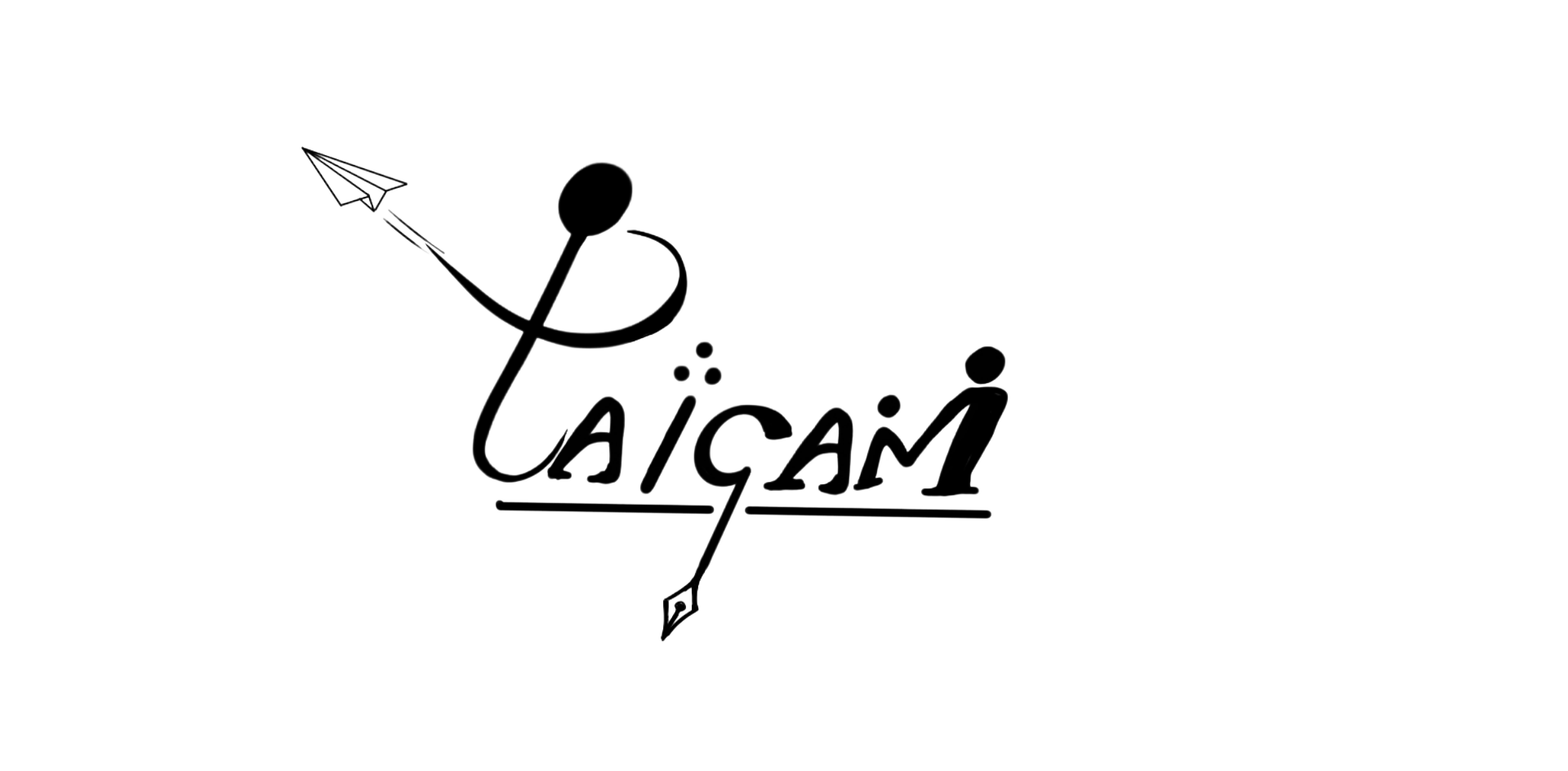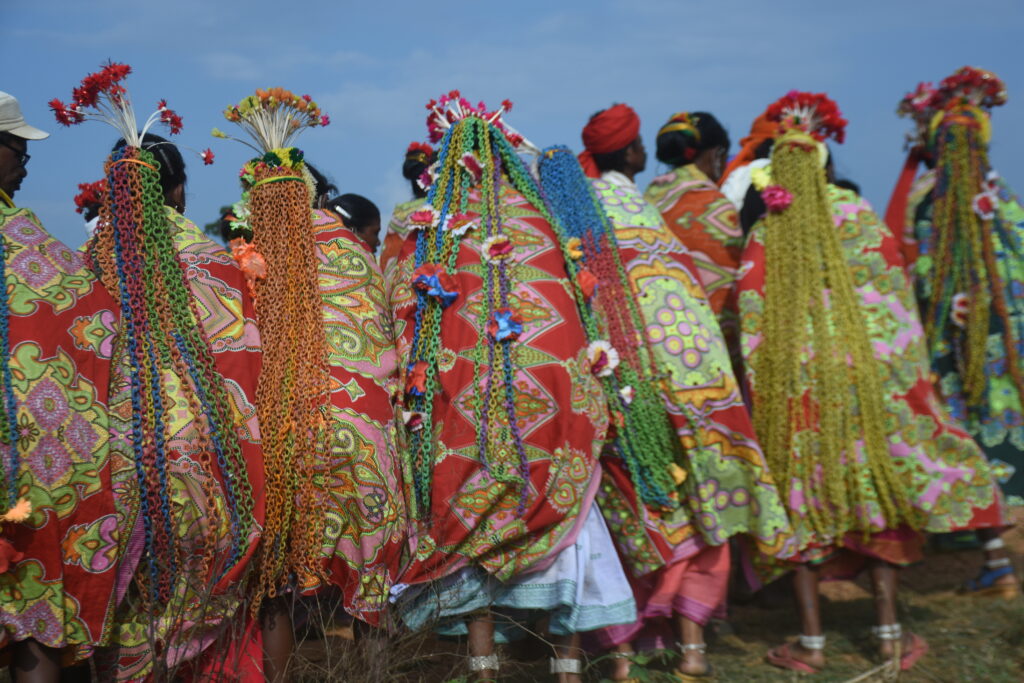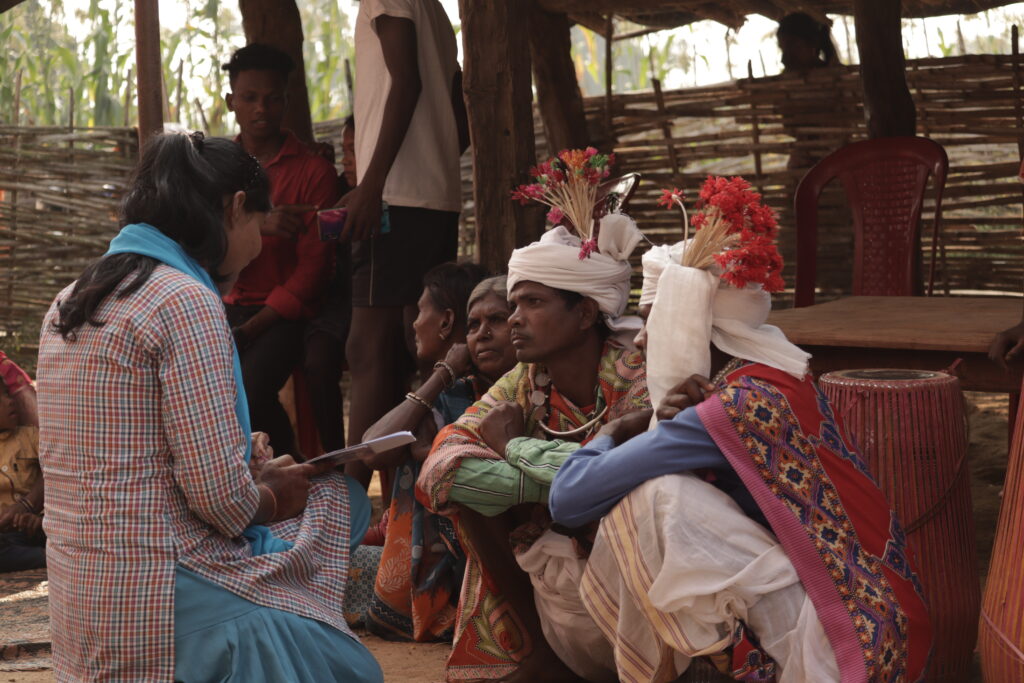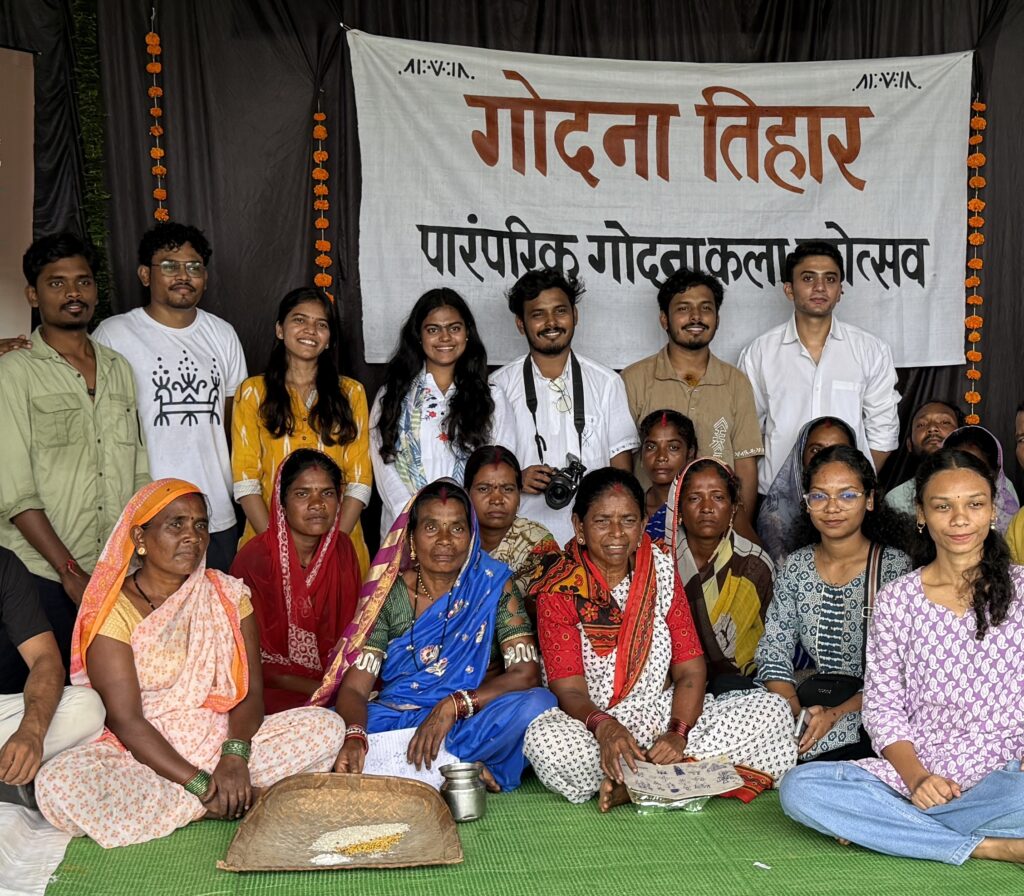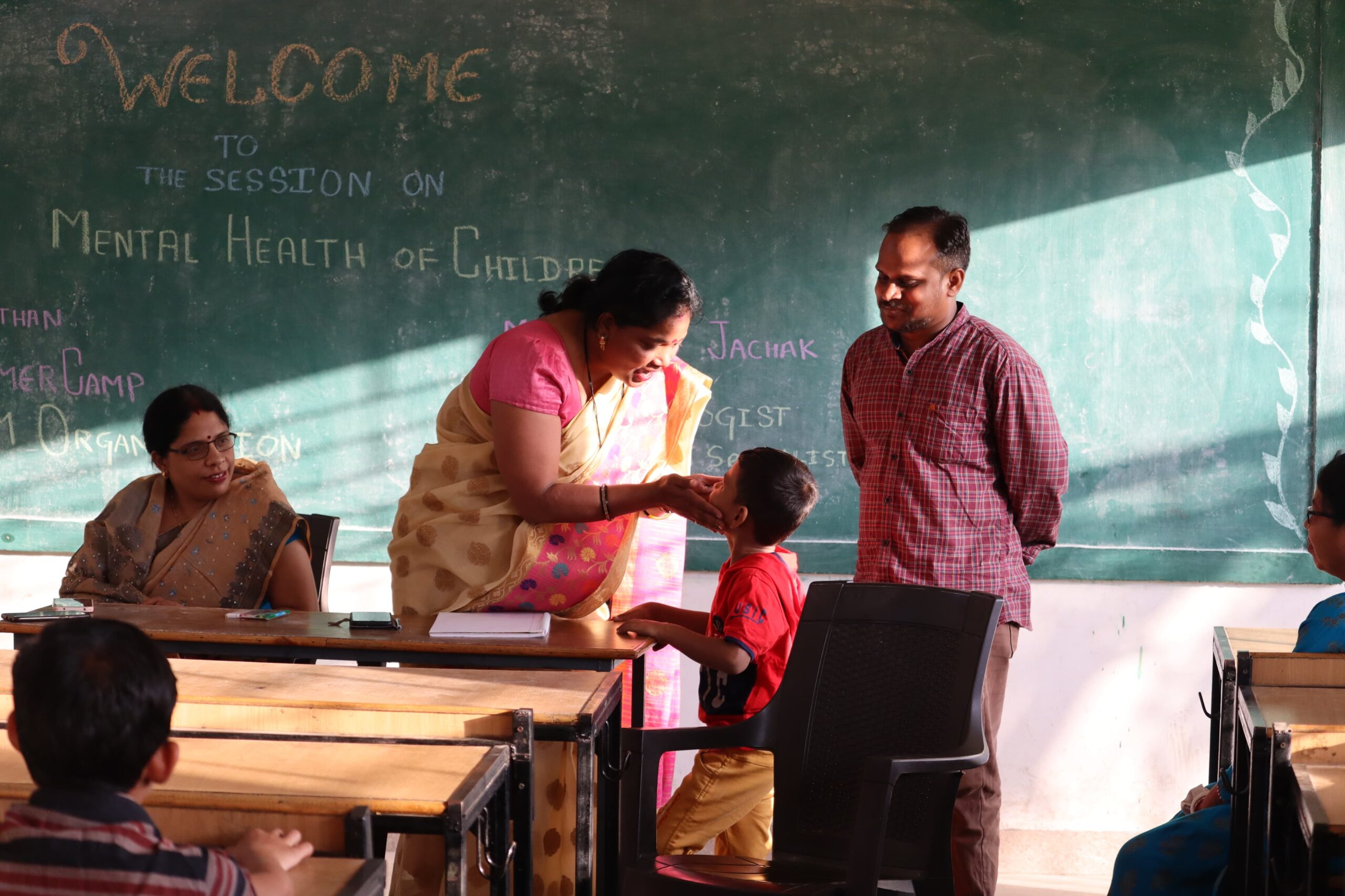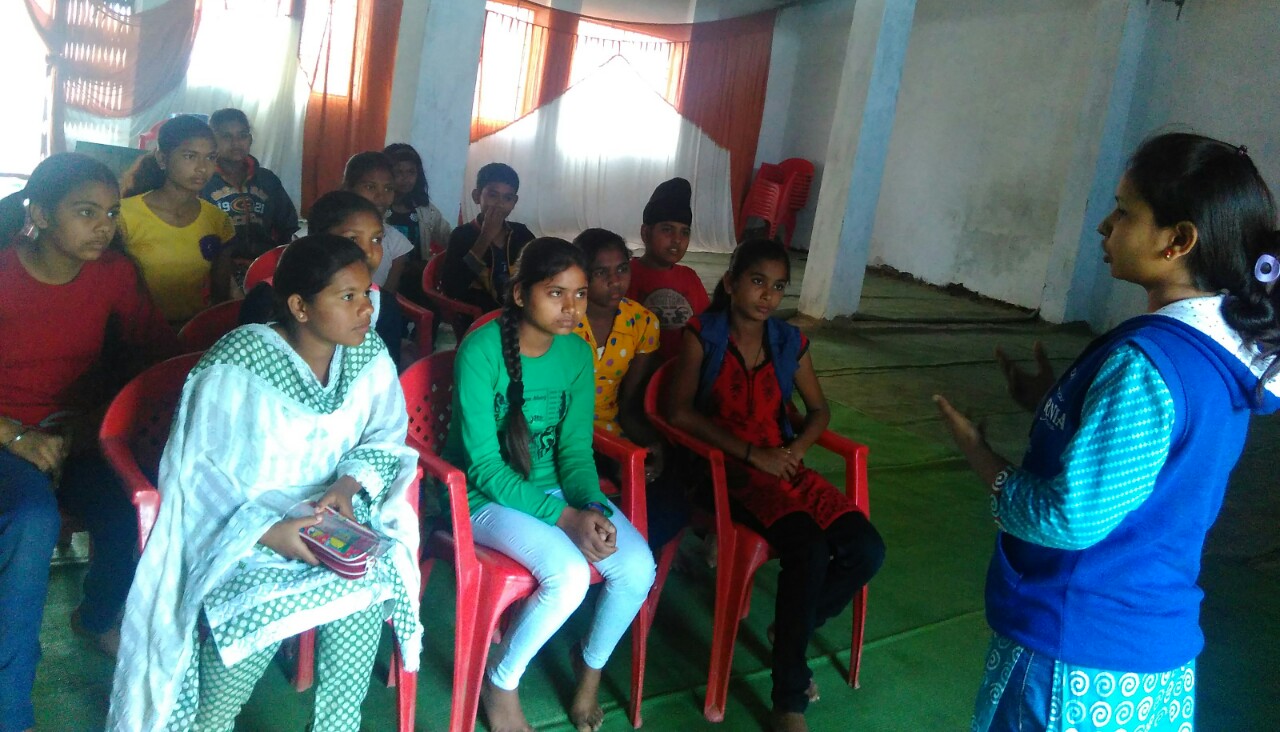Sansada (Culture Conservation Responsibility)
When we think of development, we often focus upon working for education, social position, economic condition etc. But, what about the culture which is slowly dying due to various factors like – modernization, urbanization and globalization etc.
Development at what cost? by sacrificing the culture?
Marginality is not only about poor socio-economic condition, also about slowly cutting-off from our cultural roots and not being able to transmit the cultural knowledge to the next generation.
Therefore, we believe that we should have responsibility of the conservation of the culture and its elements. We have started an initiative “Sansada” to ensure the ‘Culture Conservation Responsibility’. through which we are dedicated towards documentation and preservation of the cultural knowledge, practices and passing it on to the next generation.
works we have done so far –
- Organized Godna tattoo festival in the Atariya village near Kanha national Park for the revival of this dying artform to highlight Atariya as a ‘tattoo village’. (Project was funded by Mandel Center for Humanities, Brandeis University, USA)
-
Documented traditional wall mural art and and ritualistic designs in significance of Navakhai ritual practice in Malumjhola village of Kanha National Park Region, India] (Sept 2024)
-
Documented Local cuisines, edible herbs and mushrooms in Kanha National Park Region, India] (June-August 2024)
-
Documented ‘Divasa Puja’ ceremony of the Bhil-Bhilala community of Bhopal and Katthiwada [MP-Gujrat Border, India] (2024)
-
Facilitated field exposure visit to the Baiga tola village for the students and faculty staff of Govt MH Home science college, Jabalpur (November 2022)
-
Documented Indigenous knowledge regarding the medicinal practices and ritualistic healing methods at Balaghat District and Dindori District of Madhya Pradesh, India. (2021)
-
Documentation and conservation of Godna tattooing methods and designs at Balaghat, Mandla, and Dindori districts. (2020-21)
-
Ethno-archaeological exploration of prehistoric stone tools and Survey of Ancient temples at Banjar River Basin. (2019-20)
-
Collected Ethnographic data of Baiga Indigenous community of Kanha National Park and did a narrative analysis of their displacement experiences. (2018-19)
-
Archaeological investigation of ancient temples and sculptures of the sites- Baba Mandi, Gidli ghoghra, Gungeriya, Jogipath, Sawarjhodi, Mendhki, Nevargaon, Teepagarh, Mohbatta, Baiga tola, Banna- Bijaoura, Seetadongri [MP, India] (2016-18)
our work among these communities of central India has been driven by the need to document and preserve their dying cultural practices, ensuring that future generations have access to this rich heritage.
The chart reflects our ongoing efforts, with a higher concentration of research on the Baiga and Gond due to their status as local inhabitants, while still recognizing the importance of the cultural richness found in other communities. By focusing on food habits, cuisines, and folk songs, we aim to contribute to a broader understanding and appreciation of these diverse and vibrant cultures.
G.Y.A.N. (Ghanshyam Yuva Adhyayan Neeti)
Our Achievements – (We focus on quality over quantity)
- Around 570+ Students benefitted by our programs (Summer camp and educational sessions. (from 2015-2024)
- 50+ Educational Sessions/Career guidance sessions Conducted (2015-2024)
- One on one mentorship provided to 62+ students (2019-2024)
- Some of the students who attended the summer camps have joined us as volunteers/Members and some of them are working in different govt and private sectors.
This program is a tribute to one of our founding members Mr. Ghanshyam Chaudhary who was a teacher and always focused on the importance of education at the rural areas. through this we conduct educational sessions (virtual and on-site) in schools, colleges and organize summer camps etc.
we also conduct mental health sessions, career guidance sessions, and provide one-on- one mentorship to the needy students. We promote artistic activities such as dance, music, craft making etc. to engage children and youth and also promote them to take part in the changemaking activities.
R’jo (the gift of nature)
This program “R’jo” is dedicated to the health and dignity of women.
Through this, we provide sanitary pads to the women of rural and tribal areas and aware them to not use old cloth during those days.
We do not replace their cloth-pad with the modern disposable pads, but we do provide them with the cloth pads first and then aware them to slowly shift to the disposable pads.
We also organize sessions in schools among the teen age girls and boys to educate them about the menstruation and to break the stigmas associated with it.
_____________________________________________________________
Highlights of this program –
- 150+ school going girls and 80+Rural Women of Balaghat district benefitted by our R’jo (Sanitary pads distribution program)
- Women adopted the sanitary pads and stopped using the used clothes as pads.
- We made School going girls aware about the menstrual hygiene.
R'Jo Program
Paigam members – Archana, Nalinee and Sakshi conducting awareness session among the Baiga tribal women of Baigatola, Singbagh Village Baihar, MP, India.
R'Jo Program
Paigam members – Archana and Sakshi conducting awareness session among the Baiga tribal women of Baigatola, Singbagh Village Baihar, MP, India.
Rjo Program
Baiga women with sanitary pads (Baigatola, Singbagh Village Baihar, MP, India.)



Yuvam’n (Youth Empowerment Program)
Yuvam’n is our youth empowerment initiative. Through this, we provide platform to youth for expression of their artistic abilities. We help youngsters boost their creative mindset. We have created a team of various likeminded people and artists who are proficient and trained in various artforms such as dance, music, poetry, creative writing etc.
In our hometown where the opportunities of learning artistic skills is very less, we try to provide a space and act as a torch bearer for the young minds.
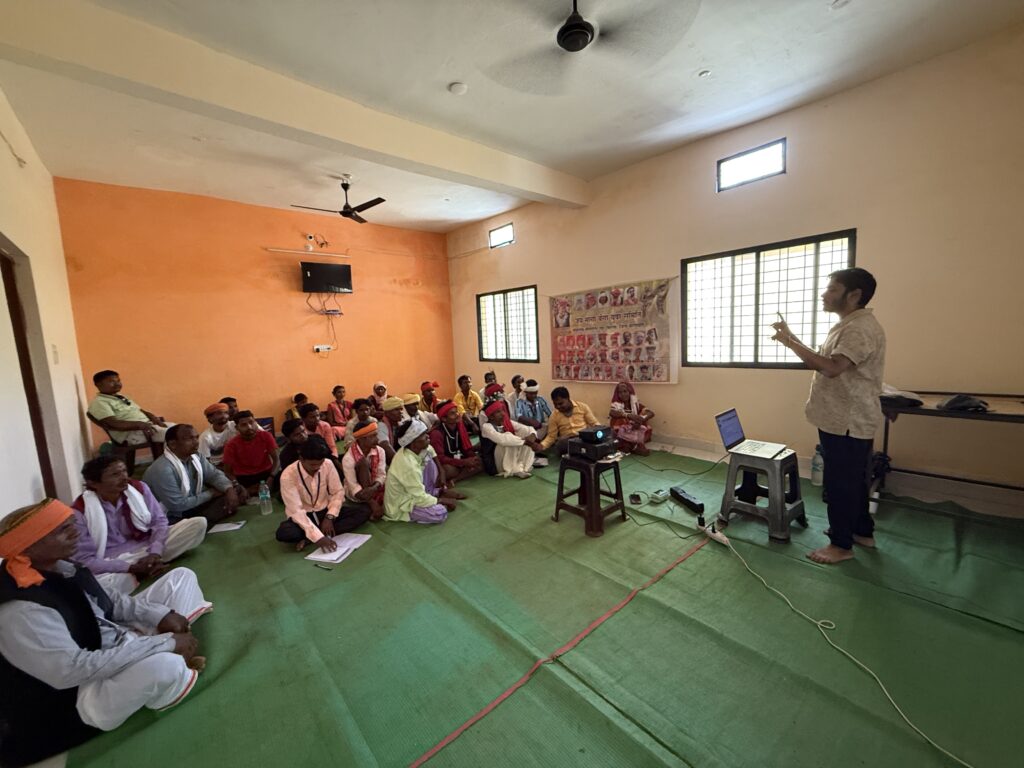
Our Achievements –
- 430+ Youngsters joined our Yuvaman programs and got platform to showcase their talents. (2016-2014)
- 250+ Youth learned and got their artistic skills enhanced our program. (2016-2014)
